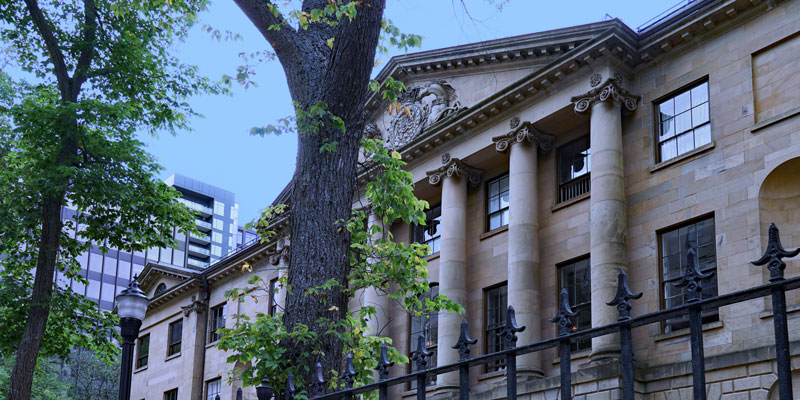The province’s net debt will rise from $15.2 billion to nearly $17.2 billion.
provincial budget
RBC forecasts an $800 million provincial deficit this year, Scotiabank forecasts $970 million.
Ontario and Alberta are projecting budget deficits for years to come.
One item sorely missing from Finance Minister Mike de Jongs recent provincial budget was a plan to make BCs business taxes more competitive and attractive for investment.
Last weeks provincial budget was a heap of bad news for New Brunswickers. First they learned that they will continue to be burdened by a government with shaky finances driven by annual deficits and mushrooming debt. Topping that off, Progressive Conservative Finance Minister Blaine Higgs proposed a series of highly damaging tax increases as a way out of New Brunswicks deep fiscal hole. Unfortunately, these tax hikes will cast a dark cloud over New Brunswicks economic prospects and likely bring little revenue in return.
Going by Finance Minister Mike de Jong's public comments, Tuesday's provincial budget is supposed to present a plan to finally balance the books. But after four consecutive years in the red, British Columbians can't yet breathe a collective sigh of relief. Critically important is how Minister de Jong plans to eliminate the deficit. Will he take the path of tax increases or spending reductions?
Where has conservatism gone? Coyne asked. Unfortunately, Post readers didn't have to look far for the answer - the adjacent page to be precise.
With economic uncertainty as the backdrop, it was critical for the BC government to put forth a prudent budget. Finance minister Kevin Falcon acknowledged as much by reassuring British Columbians that the budget was built on fiscal discipline and lays a firm foundation for the future. Falcon even warned of the perils of additional government taxes, spending, and borrowing in the current economic environment, calling such measures potentially catastrophic.


